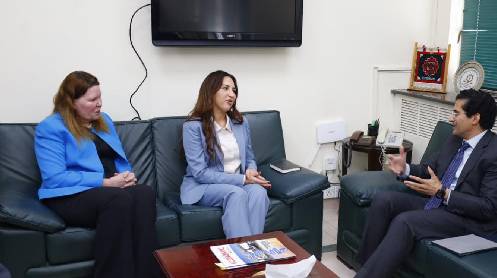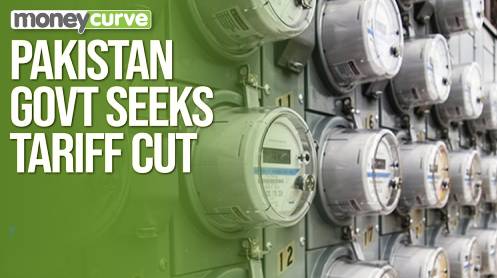ISLAMABAD: The government has decided against reducing gas prices from July 1, 2024, despite the Oil and Gas Regulatory Authority’s (OGRA) recommendation to lower them by 10% for the next fiscal year. Instead, gas prices for captive power plants (CPPs) will increase by Rs250 per mmBtu to Rs3000 per mmBtu from the current Rs2750 per mmBtu, aligning with International Monetary Fund (IMF) directives.
“For all other categories, the government has opted to maintain current gas prices,” said senior Energy Ministry officials. This decision is expected to generate Rs110-115 billion in surplus revenue, which will be used to reduce the circular debt, now at Rs2900 billion, including Rs1500 billion in prior years’ losses.
Petroleum Division officials have informed OGRA that the surplus revenue should help Sui gas companies lower the circular debt. The IMF argues that CPPs, with 30-35% efficiency, waste significant amounts of natural gas and should be connected to the national grid. Some CPPs not only generate electricity for their own use but also sell excess power to electric power distribution companies (Discos).
The IMF also mandates that gas prices for CPPs align with RLNG prices by January 1, 2025. Consequently, from July 1, 2024, gas prices for CPPs will increase by Rs250 per mmBtu, with an additional Rs700 per mmBtu hike effective from January 1, 2025, meeting the IMF deadline.
Previously, the Petroleum Division requested funds from the Finance Division to address a portion of the circular debt, which grew by Rs260 billion from FY19 to FY23 due to RLNG diversion costs to the domestic sector. However, the FY25 budget did not allocate any subsidies for this, relying instead on surplus revenue from maintained gas prices to reduce sector losses.
Currently, no domestic consumers receive gas subsidies; industrial and high-end domestic consumers provide a net cross-subsidy of Rs110 billion per annum to protected and some non-protected consumers. The IMF has also urged the government to adjust gas tariffs biannually, on July 1 and January 1, to prevent further circular debt accumulation.
Story by Khalid Mustafa





